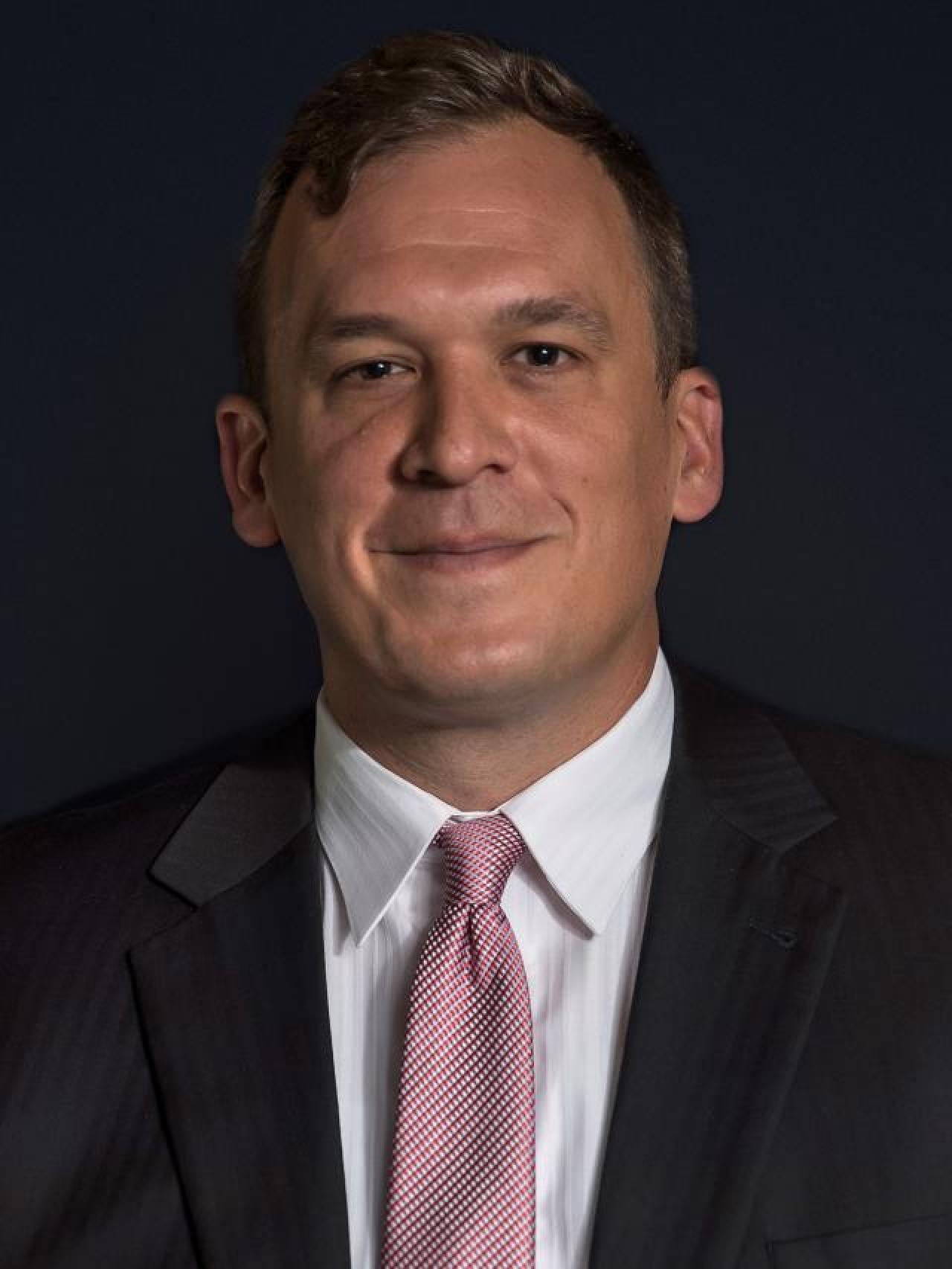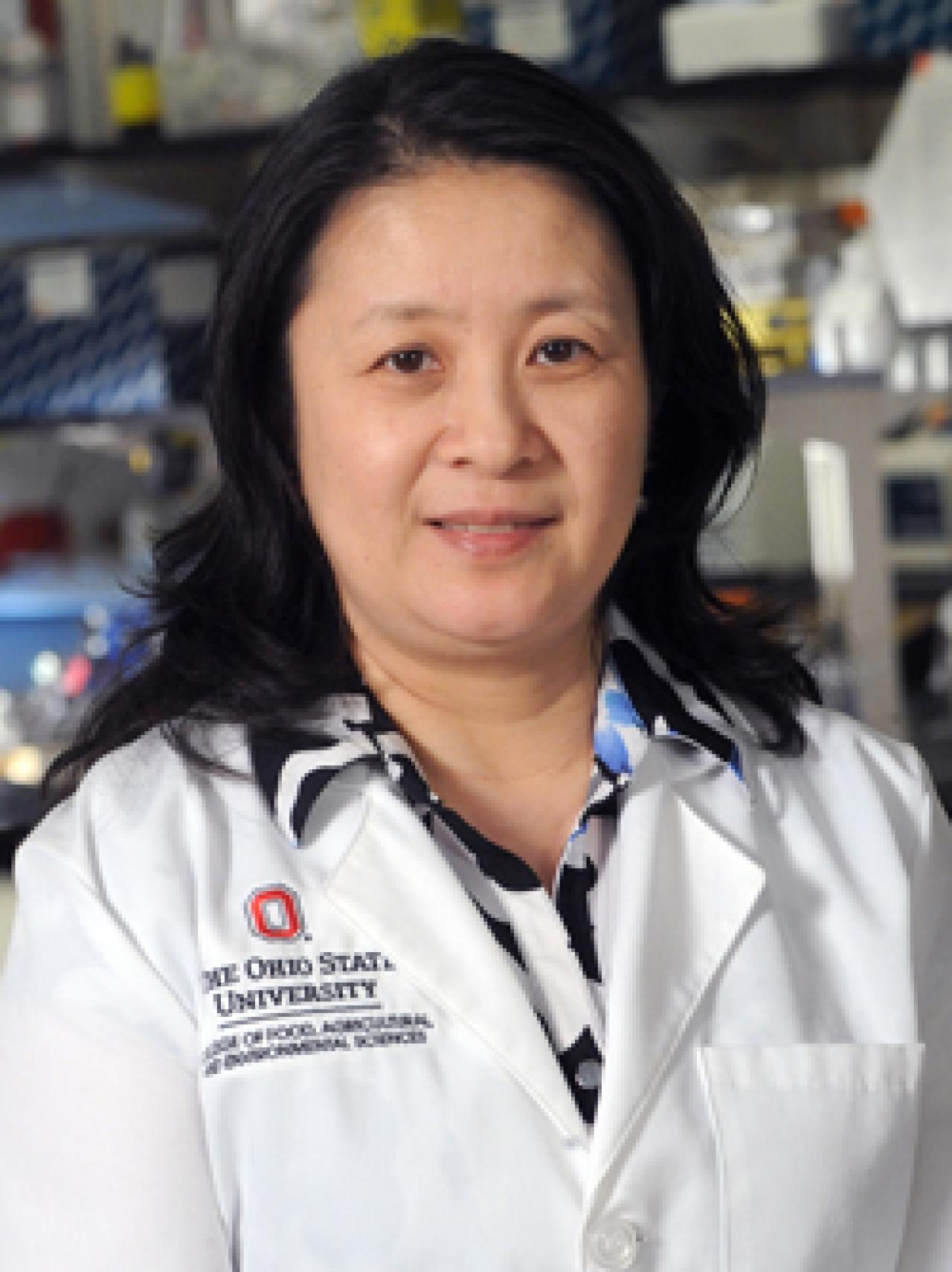Round VIII of the Accelerator Awards launched with five new innovators recommended for Accelerator Award funding. Award recipients started their projects this month after review by an external Selection Committee and approval from the sponsor.
The Accelerator Awards program is designed to advance the translation of technologies developed by Ohio State innovators from the university into the marketplace. The program provides grants of up to $150,000 per project to support external validation that will demonstrate the commercial viability of a technology. The goal of the program is to license the technology to an Ohio-based startup company and support economic development in the region. The funding is provided by The Ohio State University, with matching funds from the Ohio Third Frontier Technology Validation and Startup Fund. The Accelerator Award program is administered through the Keenan Center for Entrepreneurship
The latest round of the Accelerator Award cycle showcased a remarkable collection of cutting-edge technologies. We are delighted to provide essential funding at this crucial early stage to our PIs enabling them to conduct proof-of-concept studies and develop prototypes that swiftly validate the efficacy of their technologies,” said Cheryl Turnbull, Senior Director of the Keenan Center for Entrepreneurship. “By investing in such groundwork before entering into license agreements, our aim is to enhance the value and scale of startup ventures emerging from Ohio State University."




